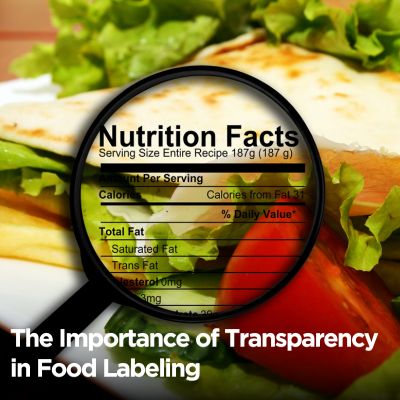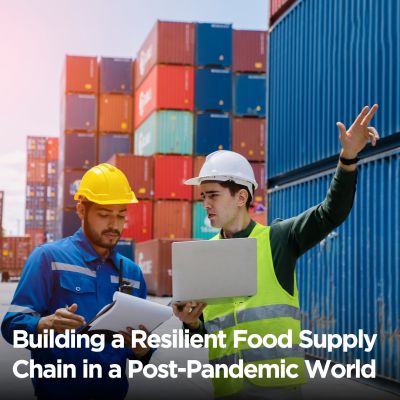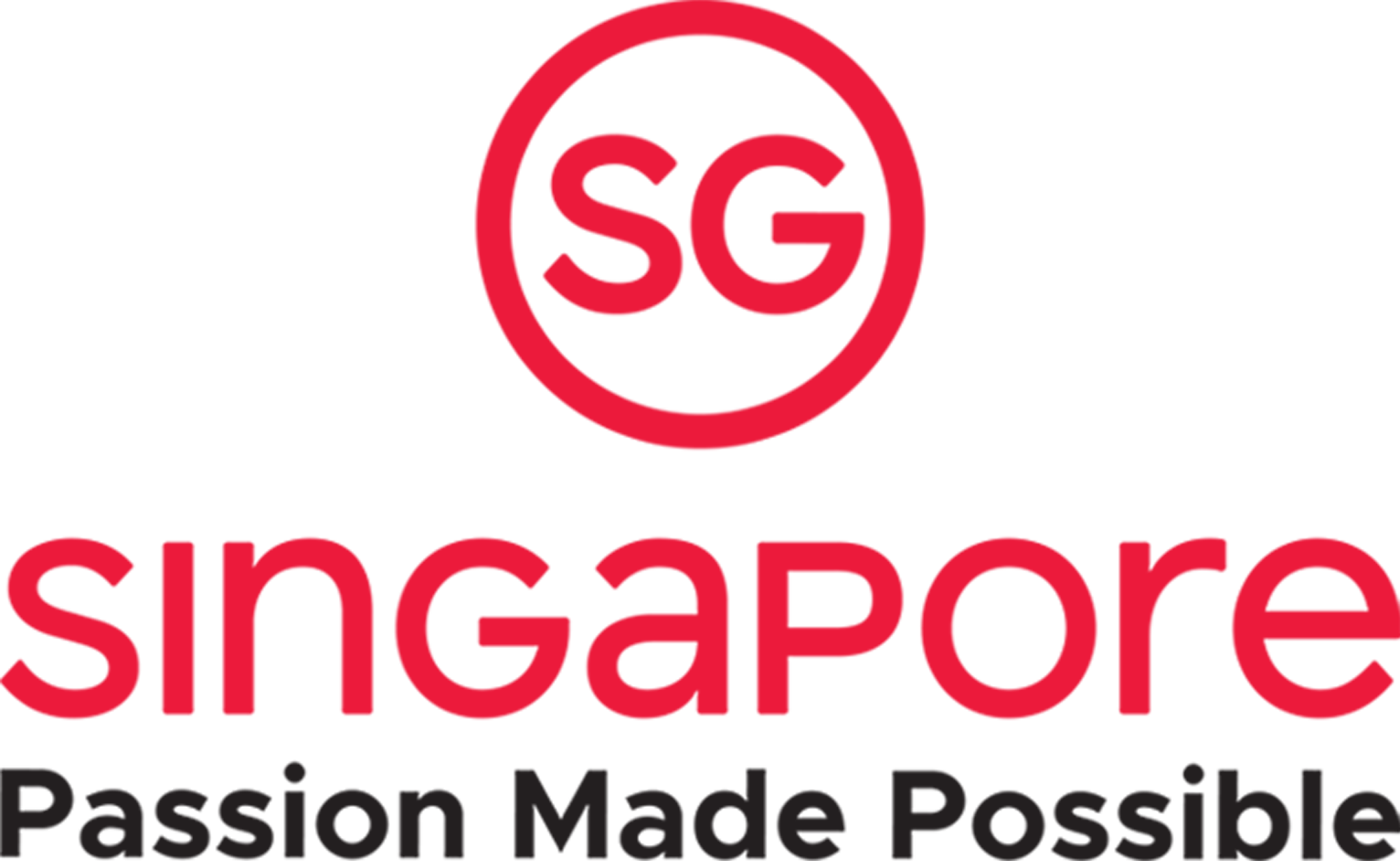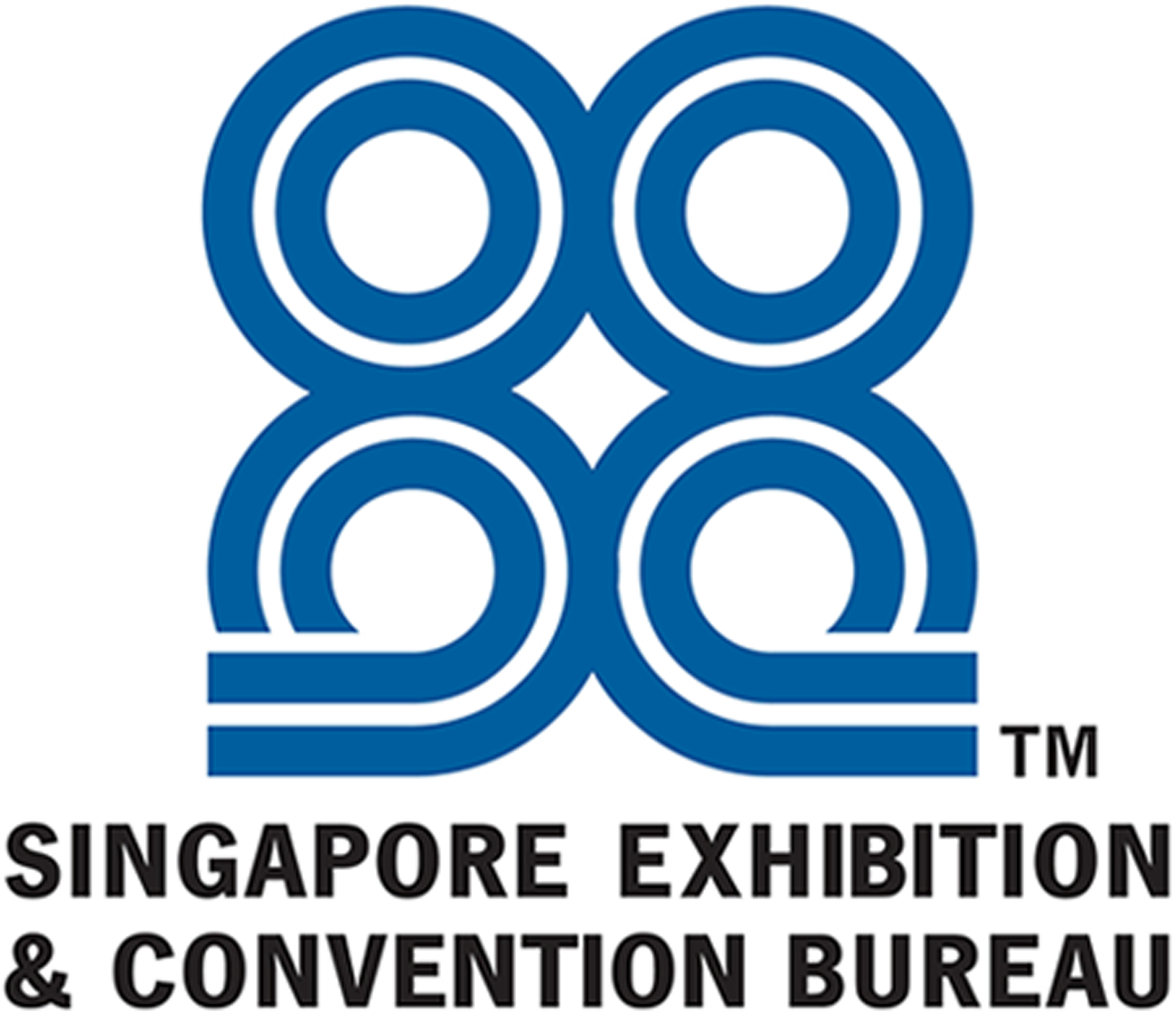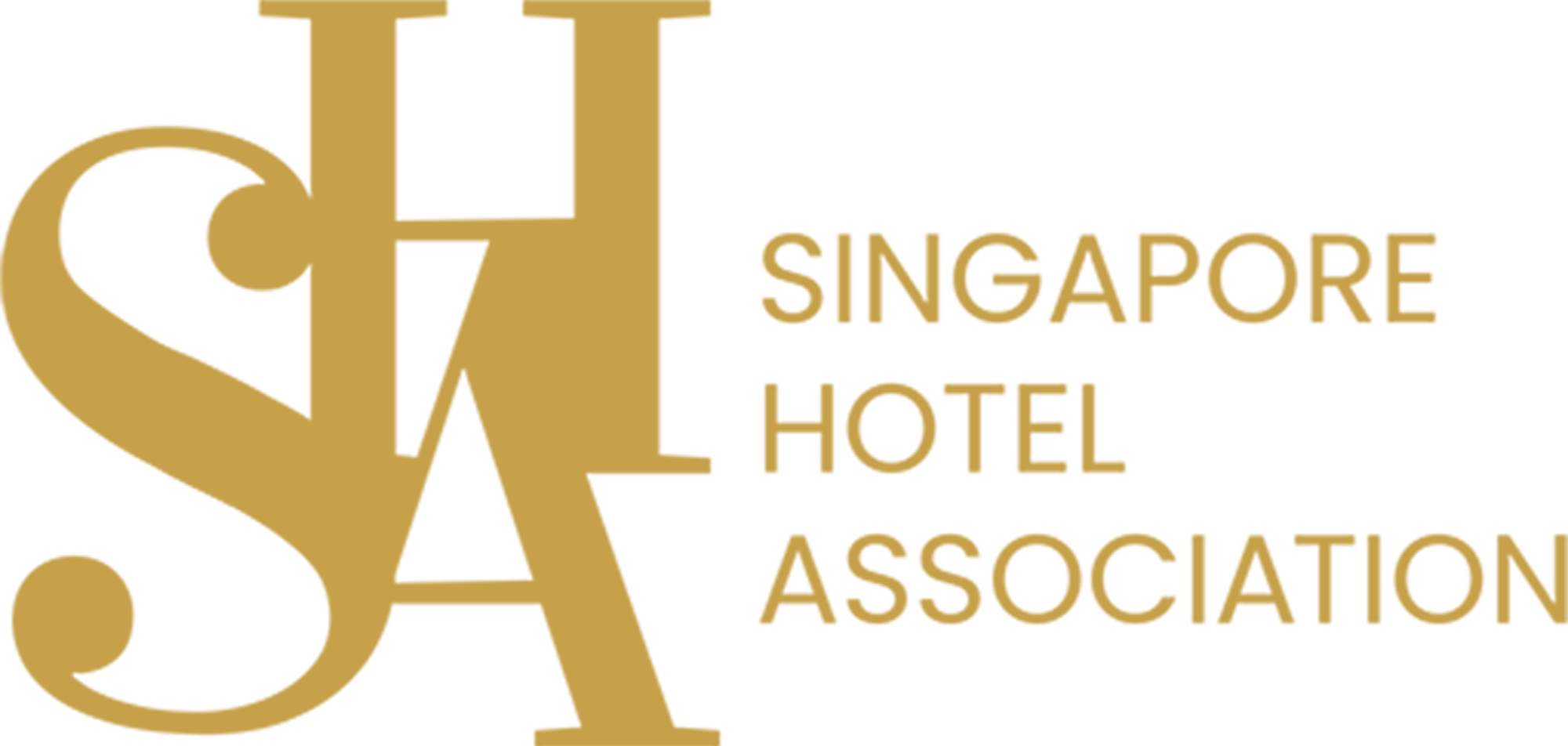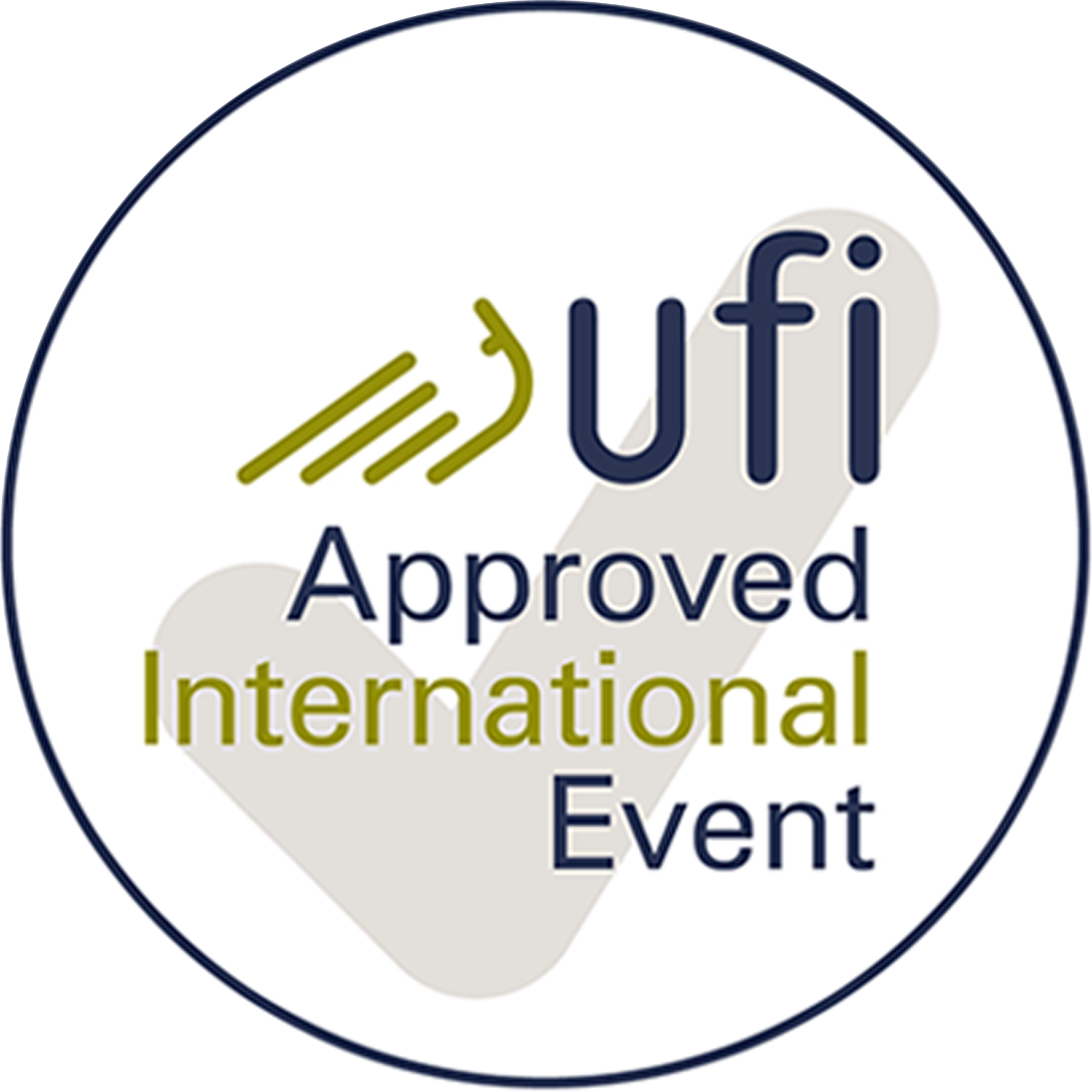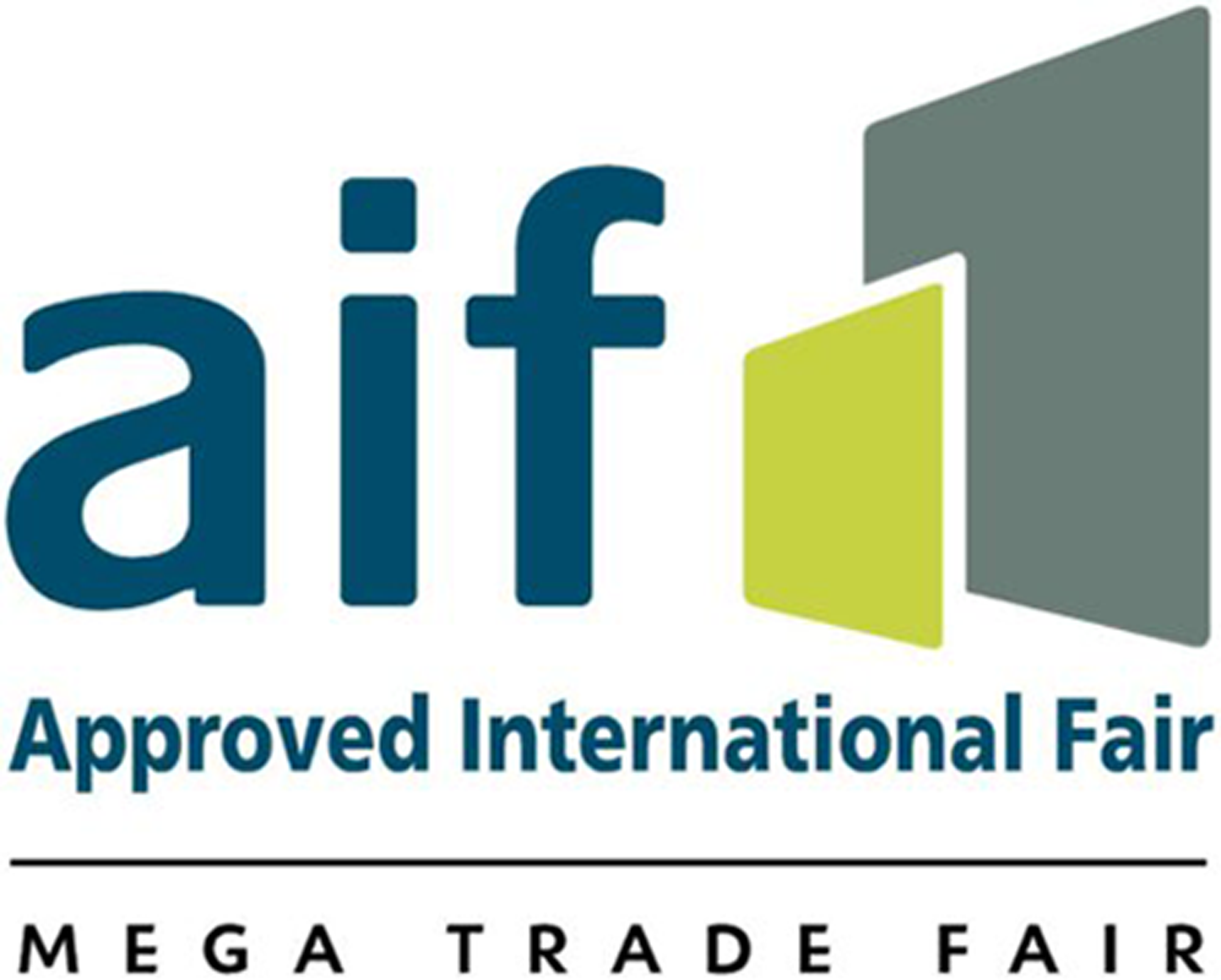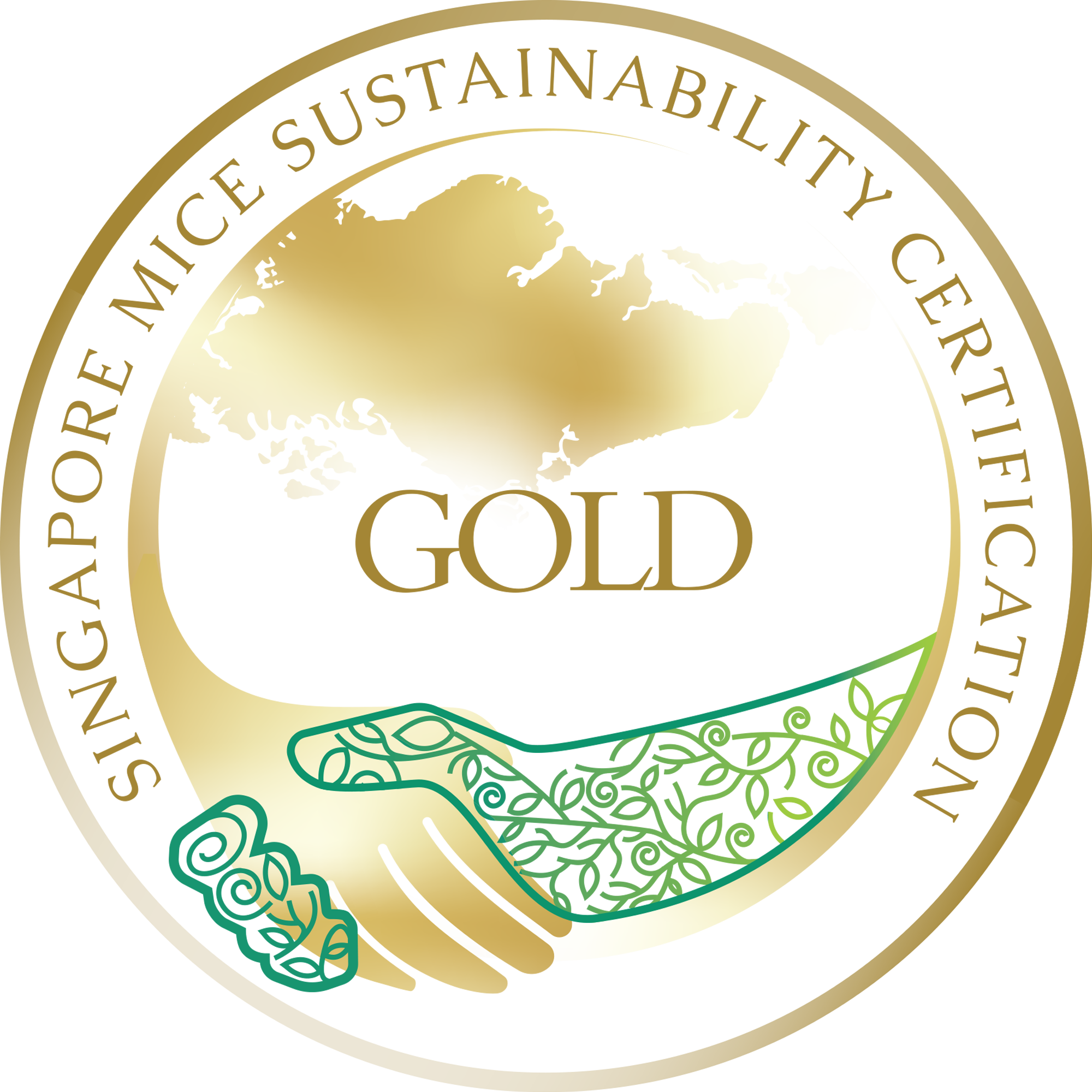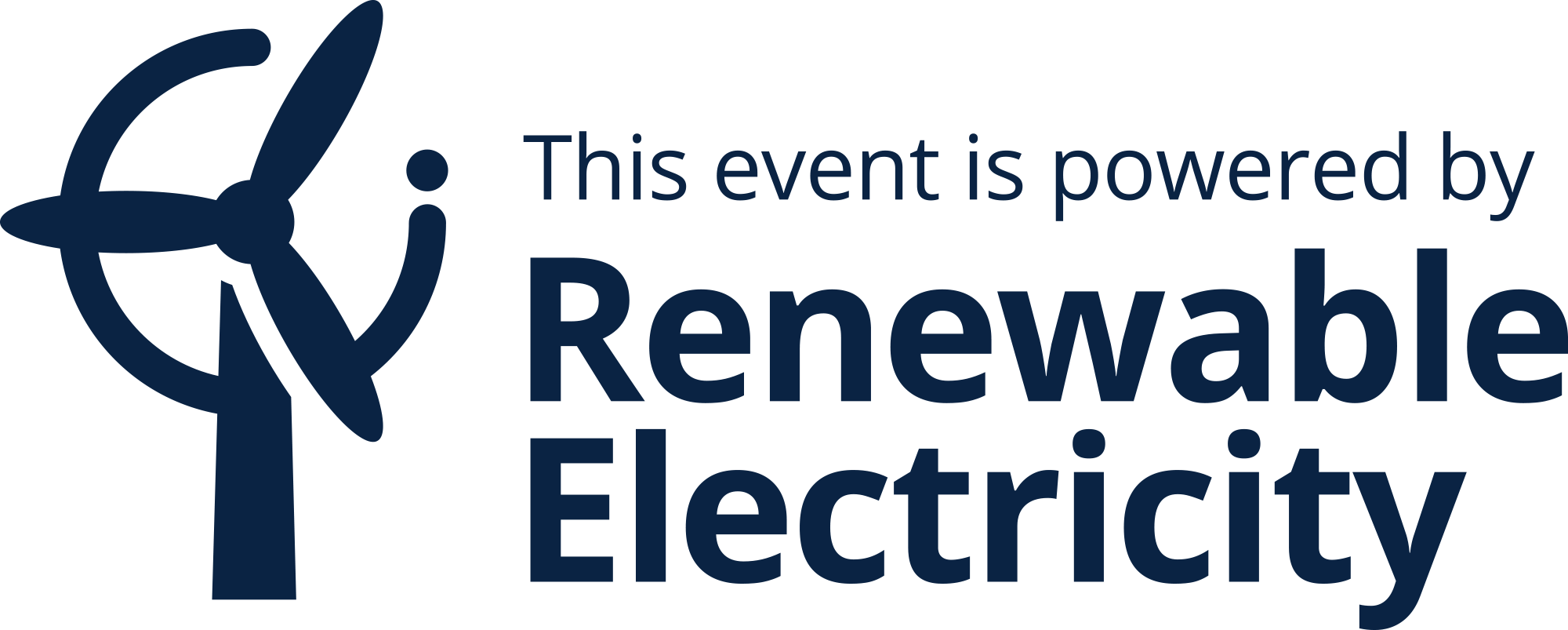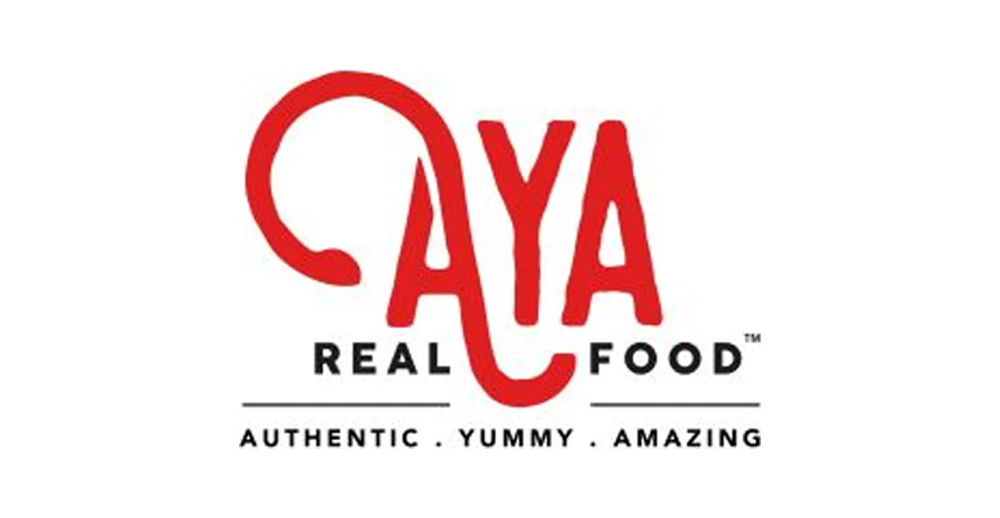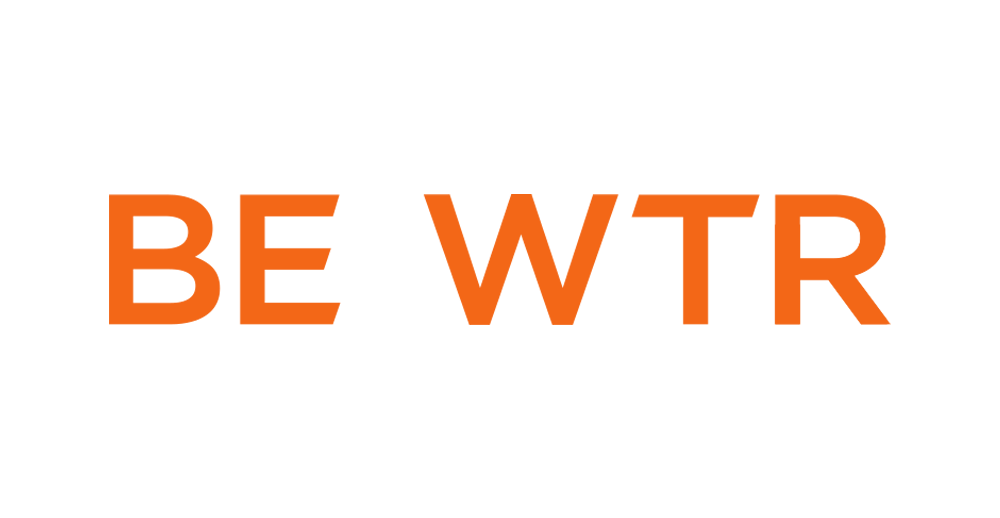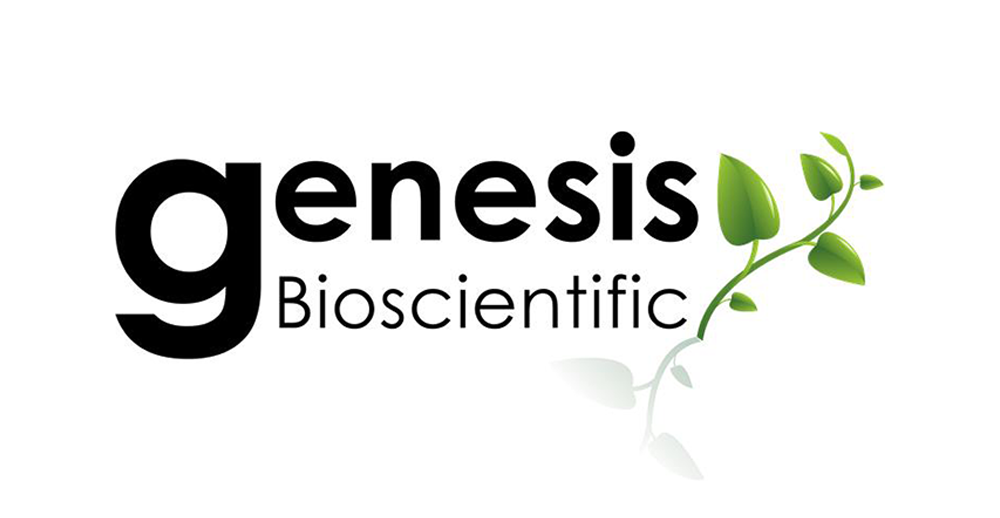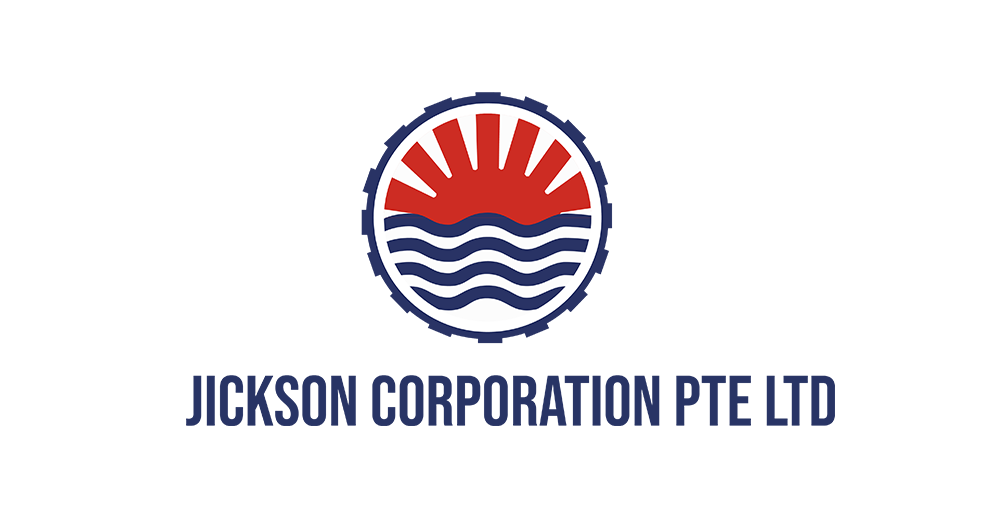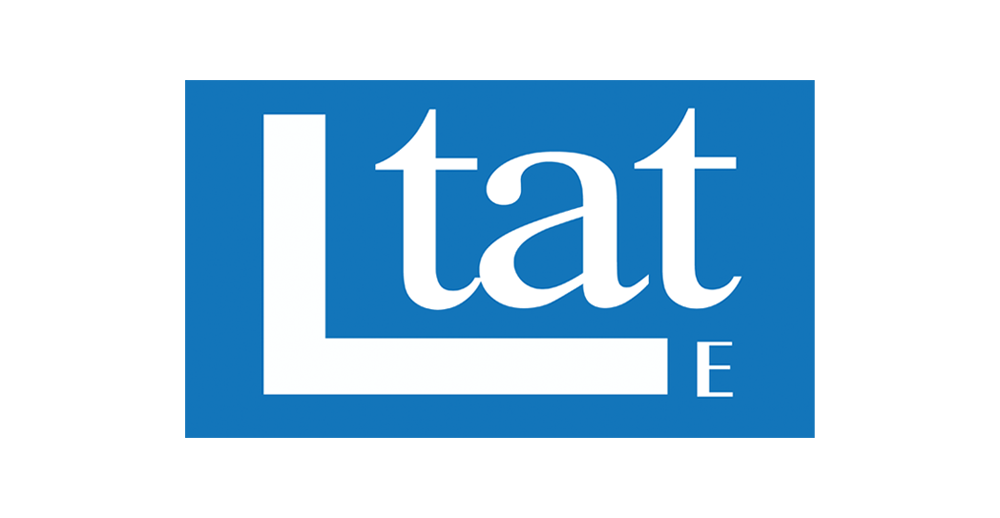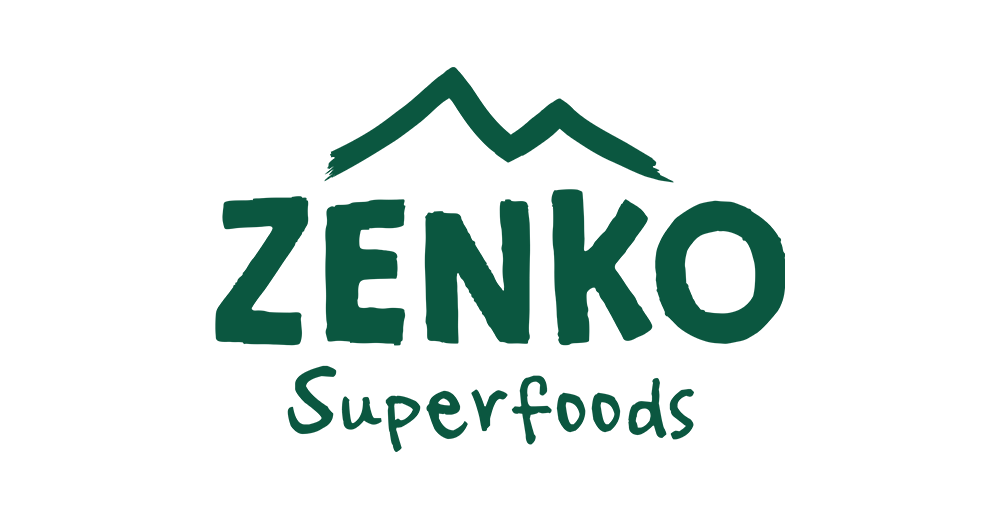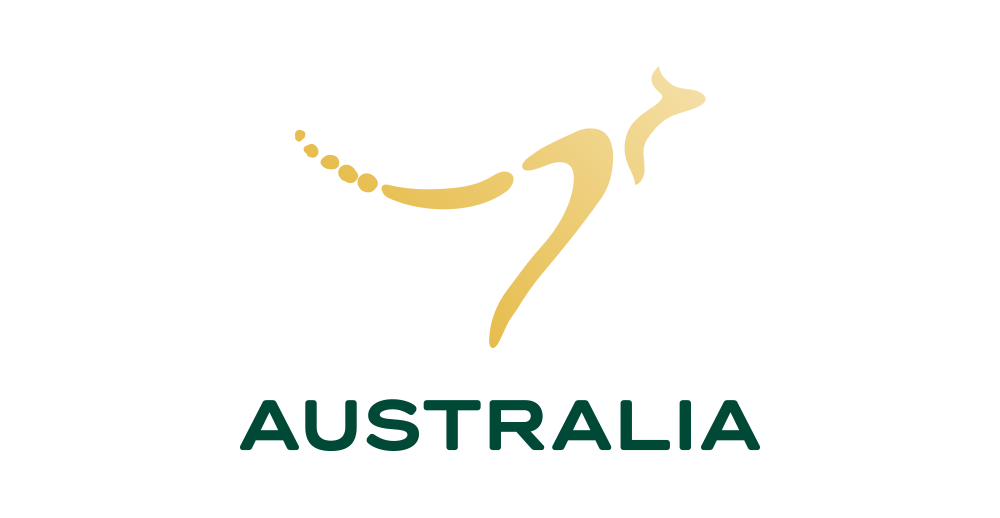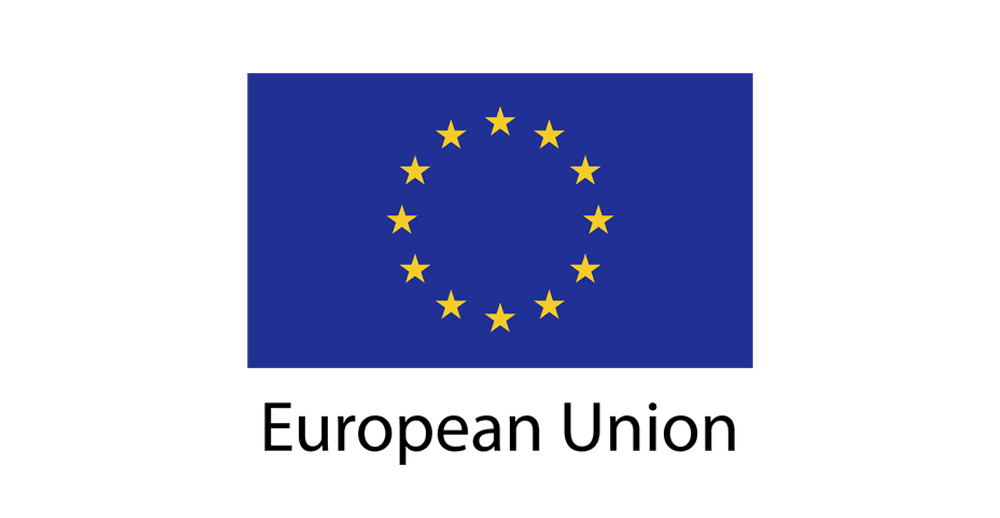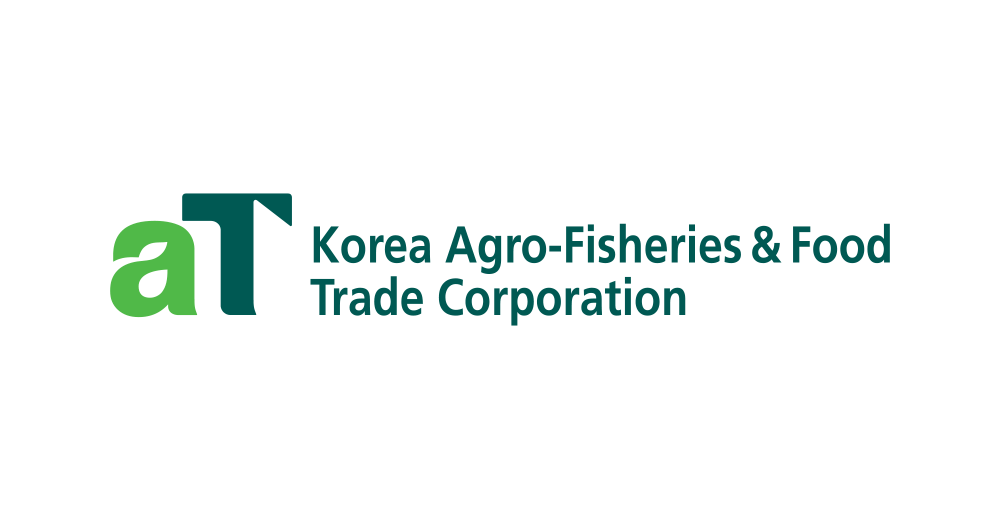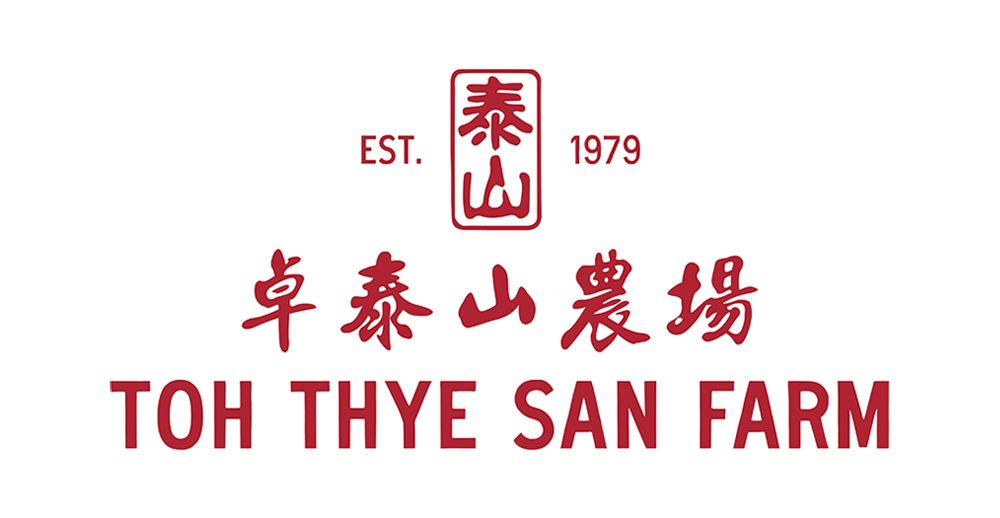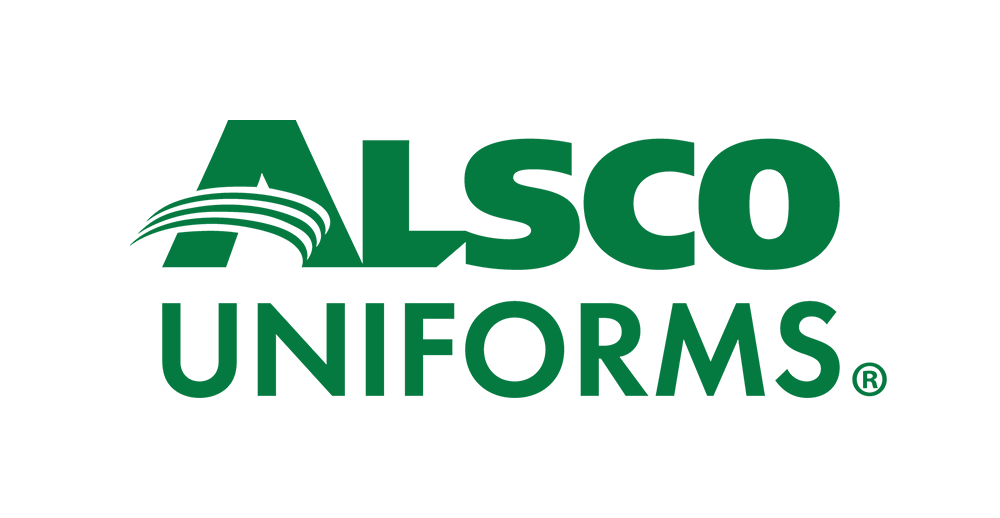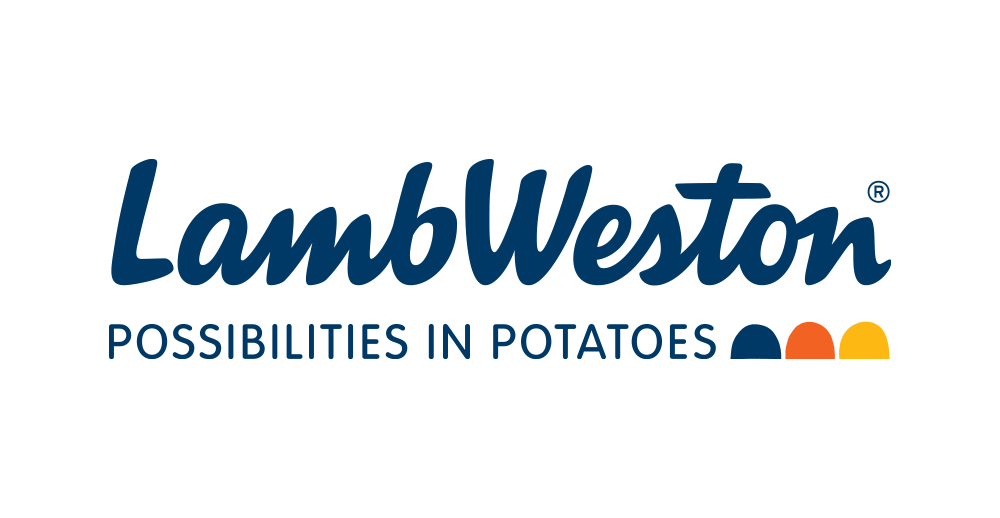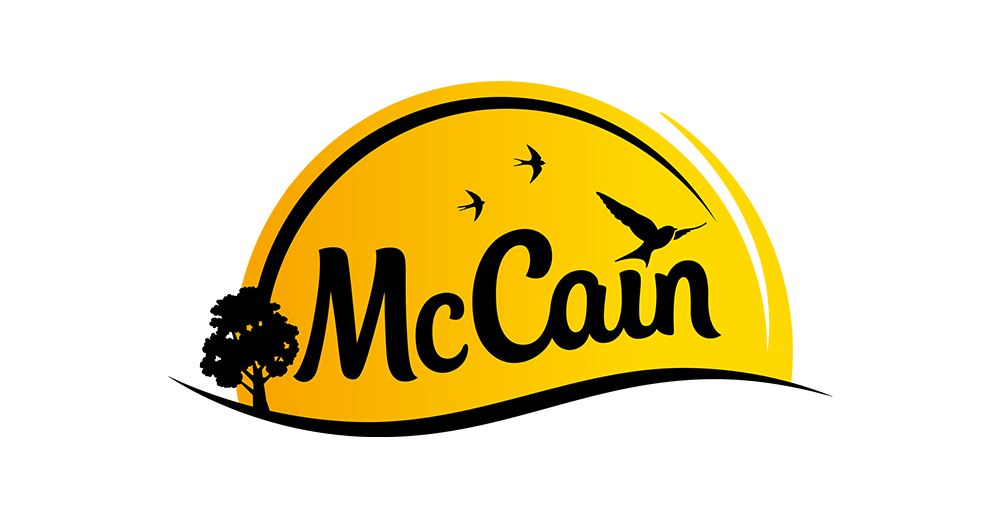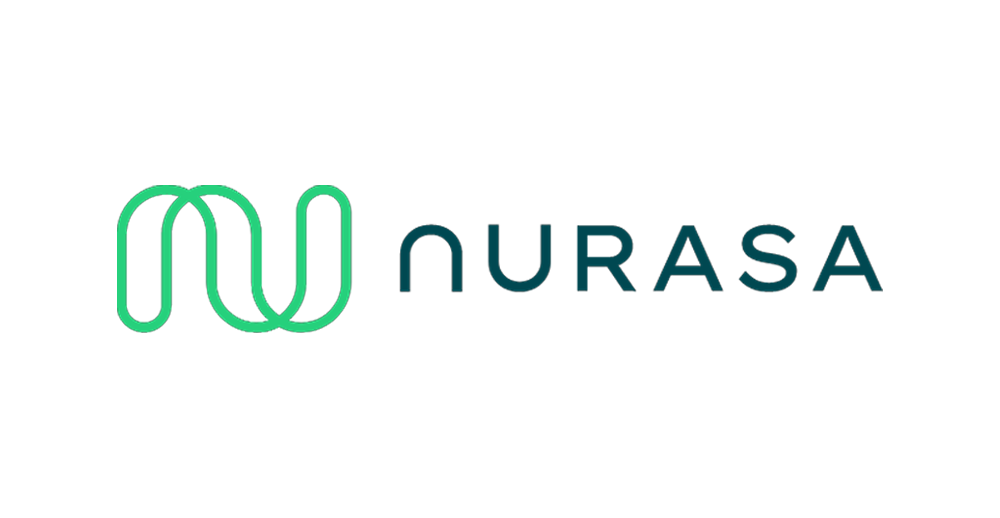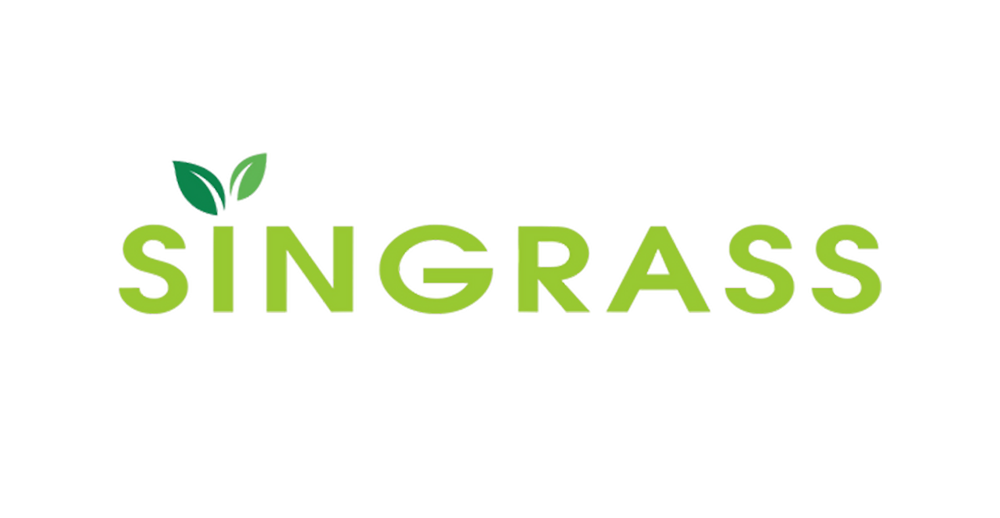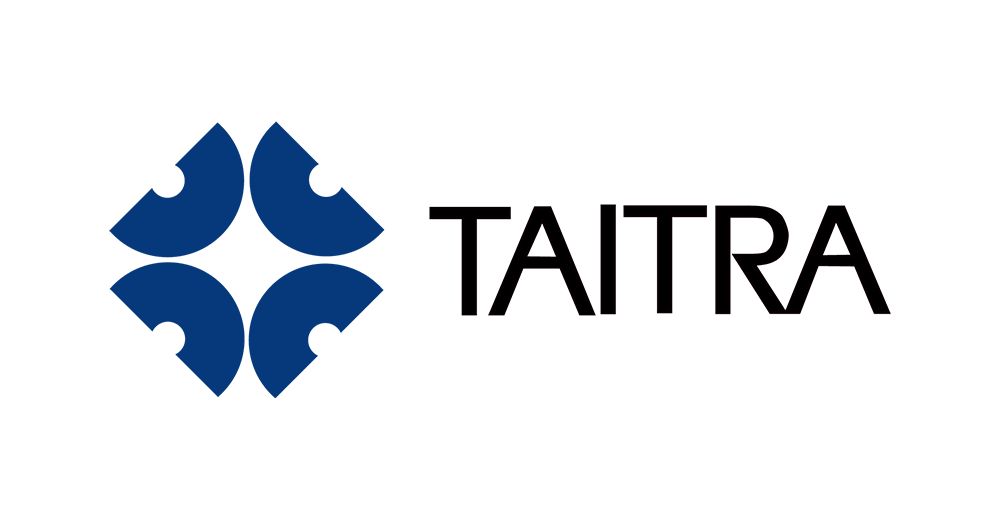The Singapore Food Agency (SFA) is the lead agency for food-related matters in Singapore and is committed to ensuring and securing a safe food supply for the nation.
Singapore relies heavily on imports to meet domestic consumption demand. SFA Food Regulation ensures a resilient supply of safe food, safeguarding public health and maintaining consumer confidence in the food supply chain.
Singapore Food Agency is committed to the “30 by 30” goal of sustainably producing 30% of the nation’s nutritional needs locally by 2030.
Therefore, SFA actively engages with key stakeholders and food and beverage manufacturers to promote awareness of food safety practices and encourage the adoption of the best food handling and production practices.
Moreover, SFA contributes to the reputation and competitiveness of the food industry in Singapore, promoting innovation and improvements for food and beverage manufacturers, importers, and exporters.
First, let’s explore the overview of SFA.
Overview of SFA
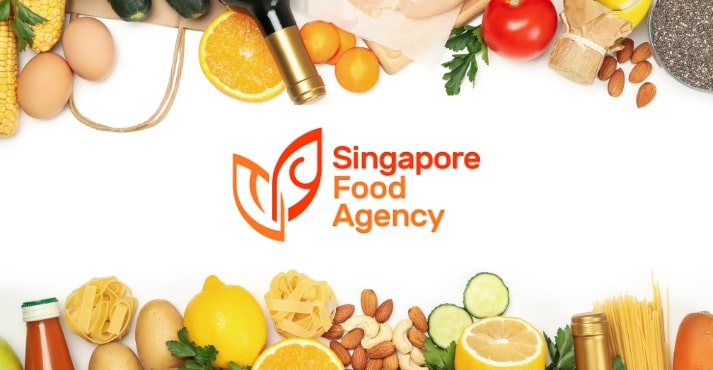
The Singapore Food Agency (SFA) is a Statutory Board established under the Ministry of Sustainability and the Environment to oversee food safety and security.
SFA’s mission is to ensure and secure a supply of safe food. Formed in April 2019, the SFA oversees the regulatory functions of the Agri-Food and Veterinary Authority of Singapore (AVA), the National Environment Agency (NEA), and the Health Sciences Authority (HSA), streamlining food-related regulations under one umbrella organization.
It oversees various food industry aspects, including production, import and export, hygiene, and labeling.
Singapore Food Agency enforces stringent regulations and standards to prevent foodborne illnesses, monitor food contaminants, and ensure compliance with food safety standards at every stage of the food supply chain.
Key SFA Food Regulations
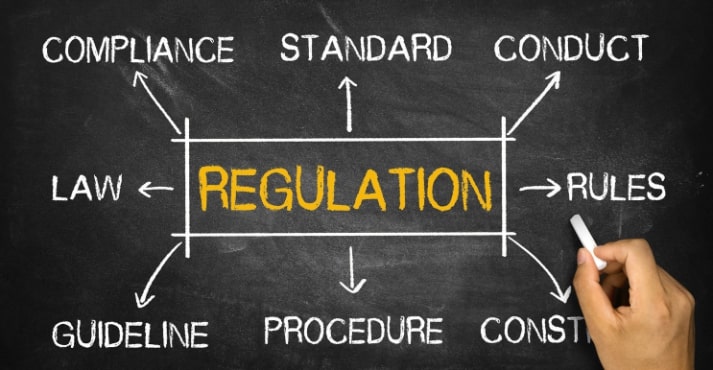
The Singapore Food Agency (SFA) oversees regulations to ensure food safety and quality. Key regulations such as the Sale of Food Act, Food Regulations, and Environmental Public Health Act establish food production, handling, and distribution standards, essential for maintaining public health and consumer confidence in Singapore’s food supply.
The critical SFA food regulations in Singapore include:
1. Sale of Food Act
The Sale of Food Act regulates the sale and import of food in Singapore, ensuring that the food sold is safe for consumption. It mandates licensing requirements for food establishments, sets hygiene standards, and imposes penalties for violations, contributing to the safety of the food supply chain.
2. Singapore Food Regulations
Under the Singapore Food Regulations, specific standards are set for various aspects of food production, including labeling, additives, contaminants, and composition.
These regulations outline permissible levels of additives and contaminants, require accurate labeling of food products, and establish standards to prevent adulteration, thus safeguarding consumers’ health and interests.
3. Environmental Public Health Act
The Environmental Public Health Act addresses public health concerns related to environmental factors, including food hygiene and sanitation.
It empowers authorities to enforce measures to control foodborne diseases, regulate food premises, and ensure compliance with sanitation standards, essential for maintaining a hygienic and safe food environment for consumers.
These regulations significantly impact the different aspects of the food industry in Singapore. They ensure food establishments adhere to hygiene and safety standards, ensuring the production and sale of safe food products. Compliance with labeling requirements enables transparency and consumer trust.
Licensing and Registration
The Singapore Food Agency (SFA) licenses food businesses such as restaurants, snack counters, supermarkets, eating houses, mobile food wagons, food caterers, and food stalls in hawker centers and eating houses.
To obtain these licenses, food establishments must apply for SFA and fulfill specific criteria, including compliance with hygiene standards, proper food handling practices, and adequate facilities. The specific requirements vary depending on the type of food establishment and the nature of its operations.
1. Food Shop License
Any premises selling food on or off the premises, including restaurants, cafes, hawkers, and food courts, must obtain a Food Shop License from SFA.
2. Food Stall License
Hawkers operating food stalls in hawker centers or markets must obtain a Food Stall License.
3. Food Factory License
Food processing and manufacturing facilities are required to obtain a Food Factory License from SFA.
4. Importer’s License
Businesses importing food products into Singapore must obtain an Importer’s License from SFA.
5. Temporary Food Stall License
Individuals or organizations planning to operate temporary food stalls at events or fairs must obtain a Temporary Food Stall License from SFA.
Moreover, SFA conducts inspections and audits regularly to ensure that licensed establishments continue to meet regulatory requirements. Failure to comply with licensing requirements may result in penalties, fines, or closure of the establishment.
Food Safety Standards
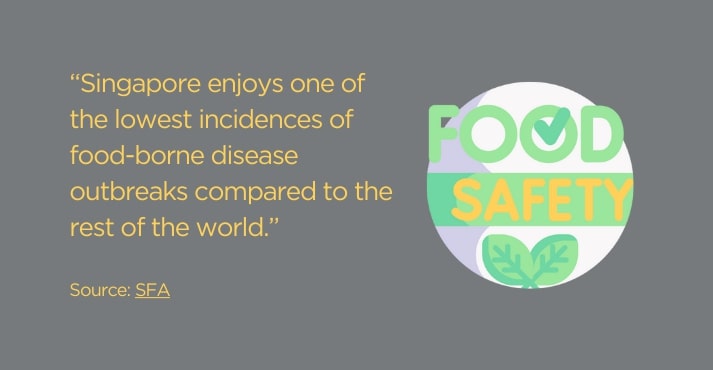
According to Singapore’s Food Agency, Singapore enjoys one of the lowest incidences of food-borne disease outbreaks compared to the rest of the world. This is even though more than 90% of all food consumed here is imported.
The Singapore Food Agency (SFA) sets specific food safety standards, including hygiene, sanitation, and handling procedures, to ensure food products’ safe production, distribution, and sale.
Some essential standards include:
Hygiene Standards
- Personal Hygiene: Food handlers must maintain cleanliness, regularly handwashing, wear clean uniforms, and cover wounds or injuries.
- Food Preparation Surfaces: Surfaces where food is prepared or handled must be kept clean and sanitized to prevent cross-contamination.
- Equipment and Utensils: Food establishments must regularly clean and sanitize equipment and utensils used in food preparation to prevent bacterial growth and contamination.
Sanitation Standards
- Food Premises: Food establishments must maintain clean and sanitary premises, including floors, walls, ceilings, and equipment, to prevent the growth and spread of harmful bacteria.
- Waste Disposal: Proper waste management practices must be followed to ensure the proper disposal of food waste and prevent pests and contamination.
Handling Procedures
- Temperature Control: Food establishments must adhere to temperature control measures to prevent the growth of pathogens and ensure food safety. This includes appropriately storing perishable foods in refrigerators or freezers and maintaining hot foods at safe temperatures.
- Cross-Contamination Prevention: Measures must be in place to prevent cross-contamination between raw and cooked foods, including using separate cutting boards and utensils and avoiding contact between raw meats and ready-to-eat foods.
- Traceability: Food establishments must maintain food sources, suppliers, and distribution records to facilitate traceability during a foodborne illness outbreak or product recall.
Businesses can ensure compliance with SFA’s food safety standards by implementing comprehensive training programs for staff, maintaining meticulous records of food handling practices, conducting regular self-audits, and addressing any issues identified during inspections.
Labeling and Packaging Requirements
Food product labels are the printed information attached to food packaging that details the product’s ingredients, nutritional content, serving size, expiration date, manufacturer information, and other relevant information required by food regulatory authorities.
The Singapore Food Agency (SFA) administers the food packaging labeling requirements under the act, and the regulations primarily support the food safety regime.
SFA regulations prohibit false or misleading claims on food labels regarding the product’s composition, nutritional value, health benefits, or origin. Food product menu labeling must accurately represent the characteristics and properties of the food product.
Here are the critical aspects of the SFA food labeling and packaging regulations that businesses must adhere to meet the requirements:
- Mandatory Information: Food labels must include essential information such as product name, list of ingredients (in descending order of weight), net weight or volume, expiry date, country of origin, and instructions for use if necessary.
- Allergen Declarations: Manufacturers must declare the presence of common allergens such as peanuts, tree nuts, soy, eggs, milk, fish, crustacean shellfish, wheat, and gluten on the food label. Individuals with food allergies must make informed choices and avoid allergens that may trigger adverse reactions.
- Language Requirements: Food labels must be in English or include an English translation to ensure understanding among consumers. Additional languages may be included, but English must be prominently displayed.
- Nutritional Information: Nutritional information, including energy value, protein, carbohydrates, fat, and other relevant nutrients, may be required on food labels depending on the type of food product and its nutritional content.
- Packaging Requirements: Food packaging must be suitable to protect the product from contamination, deterioration, or damage during transportation, storage, and handling. Packaging materials must also comply with safety standards to prevent harmful substances from leaching into the food.
Import and Export Regulations

eggs import in Singapore
According to SFA, Singapore imports more than 90% of its food from 180 countries and regions. Food import is one of the core food security strategies adopted by the SFA to ensure a stable supply of safe food.
Singapore imposes strict regulations on importing and exporting food products to ensure safety and quality. Different regulations and laws exist for each specific type of food product, import, and export.
Moreover, to import food products in Singapore, priorities include:
- Knowing your food product classification
- Complying with the relevant food legislation
- Satisfying SFA’s labeling requirements
- Meeting SFA’s conditions for specific food types.
Importers must obtain an Importer’s License from the Singapore Food Agency (SFA) and comply with food safety standards, labeling requirements, and documentation procedures. SFA conducts inspections and sampling of imported food products to ensure compliance.
Exporters must also comply with destination country requirements and obtain relevant permits and certifications for food shipments. According to a Singapore Government Agency, SSO, the following are the regulations for food product exporters.
- Controlled Export: Refers to goods specified requiring a permit, license, or approval for export under regulations or other written laws.
- Export Control: Any regulation, order, or requirement imposed by a foreign government concerning the export of goods from that country.
- Export Permit: Authorization granted under regulation 4 for the export of goods.
- Exporting Country: Any nation or territory other than Singapore from which goods are exported.
- Foreign Exporter: The entity exporting goods from the exporting country.
- Through Bill of Lading/Air Waybill/Manifest: Documents for goods shipped from outside Singapore to a final destination outside Singapore without a consignee in Singapore.
Here is a list of standard documentation requirements and processes for importing and exporting different food and beverage products.
Documentation:
- Importer’s License
- Export Permit
- Certificate of Origin
- Health Certificate
- Invoice and Packing List
Inspection Processes:
- Physical inspection of goods
- Sampling and testing for compliance
- Verification of labeling and packaging
- Assessment of documentation accuracy
Other Considerations:
- Compliance with the destination country’s regulations
- Handling of perishable goods and temperature control
- Risk assessment and mitigation strategies
- Record-keeping and traceability measure
- Collaboration with customs authorities and freight forwarders
Halal Certification Guidelines
Singapore is a multi-religious society, with Islam being Singapore’s third most practiced religion. The opportunity presented is incredible as the halal food sector moves from its traditional niche status to mainstream prominence.
Therefore, getting Halal certification for your restaurant or food stall can open business opportunities for your company.
Halal food means permissible or lawful in Arabic and is considered a Muslim’s guiding standard. Halal certification is no longer limited to consumables but includes a broader range of products and processes.
The Majlis Ugama Islam Singapura (MUIS), the Islamic Religious Council of Singapore, oversees Halal certification for all food manufacturers and establishments in food and food-related industries.
Here’s why you need halal certification to operate your food and beverage business in Singapore:
- Enhance halal compliance through a more structured and systematic approach
- Increase the competitive advantage of certified companies
- Increase the credibility of halal certification in Singapore
- Meet the rising expectations of Muslim consumers
- Increase international recognition of MUIS halal certification
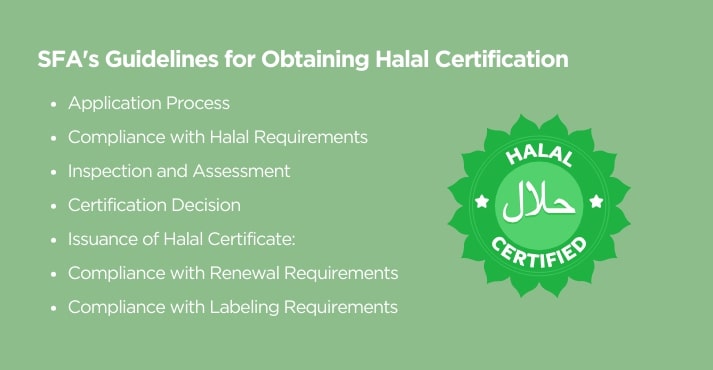
Follow SFA’s guidelines for obtaining Halal certification, especially relevant for businesses catering to Muslim consumers:
- Application Process: Apply with the required documents and fees to SFA for evaluation.
- Compliance with Halal Requirements: Ensure production adheres to Islamic dietary laws.
- Inspection and Assessment: SFA conducts on-site inspections to verify compliance.
- Certification Decision: SFA reviews findings to determine certification eligibility.
- Issuance of Halal Certificate: SFA issues certificates to compliant businesses upon approval.
- Compliance with Renewal Requirements: Renew certification periodically to maintain compliance.
- Compliance with Labeling Requirements: Label products appropriately to indicate their Halal status.
Halal certification enhances competitiveness, as consumers seek certified products for assurance.
Moreover, it facilitates export opportunities to Muslim-majority countries where Halal certification is mandatory, enabling businesses to access broader markets and capitalize on the growing global Halal food market.
Food Recall Protocols
SFA takes a science-based risk management approach to food safety consistent with international standards. SFA’s protocols for food recalls are based on effective responses to product safety concerns.
Businesses must notify SFA immediately upon identifying safety issues, provide detailed information on affected products, and implement recall measures. Also, SFA coordinates with stakeholders to ensure timely food product recall, minimizing consumer risk exposure.
Moreover, SFA may also report the findings to overseas authorities for their follow-up action and suspend the source of the affected product from exporting to Singapore.
Here’s how food manufacturers, importers, and exporters can establish recall procedures to ensure consumer safety:
- Preparation and Planning: Develop a comprehensive recall plan outlining roles, responsibilities, and communication protocols. Identify potential risks and establish triggers for initiating a recall.
- Product Identification and Traceability: Maintain accurate product distribution records to facilitate tracing and retrieving affected products.
- Communication Channels: Establish clear communication channels internally and externally for reporting and escalating potential issues.
- Risk Assessment and Decision-Making: Conduct thorough risk assessments to evaluate product safety issues’ severity and potential impact. Make informed decisions regarding the scope and extent of the recall.
- Execution and Implementation: Coordinate with retailers, distributors, and other key stakeholders about the affected products in the market. Communicate recall instructions to consumers, including identifying, returning, or disposing of affected products.
- Post-Recall Evaluation: Conduct a thorough post-recall evaluation to identify areas for improvement and implement corrective actions.
For example, Marusan banana soy milk from Japan is being recalled due to possible product spoilage, said the Singapore Food Agency (SFA). The recall is based on the short expiry date of Nov 4, 2023, to April 12, 2024, of the 1,000ml products.
Another example of food recall by the Singapore Food Agency (SFA) includes gluten in Taste Original’s Organic Mee Suar (300g) from Malaysia, which was not declared on the food packaging labels. As gluten is an allergen, SFA has directed the importer to recall the implicated product.
Enforcement and Penalties of SFA
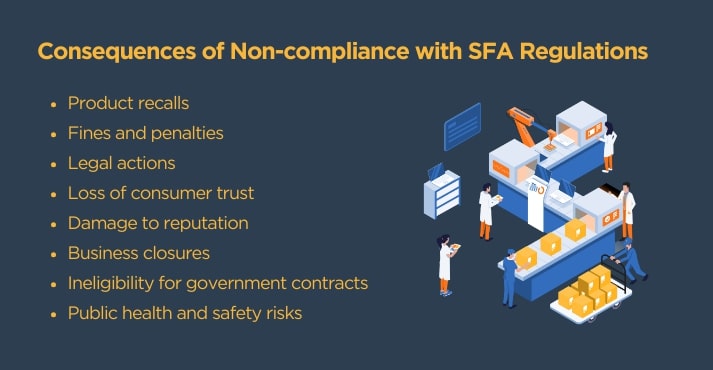
Regulatory enforcement and penalties for noncompliance are steep. Also, regulatory violations significantly impact a business’s image and reputation in the market.
Non-compliance with SFA regulations can lead to severe consequences for food and beverage manufacturers, importers, and exporters. Apart from affecting public health, safety, and the integrity of Singapore’s food industry, it disturbs the food supply chains.
Consequences of non-compliance with SFA regulations include:
- Product recalls
- Fines and penalties
- Legal actions
- Loss of consumer trust
- Damage to reputation
- Business closures
- Ineligibility for government contracts
- Public health and safety risks
Moreover, fines are just one cost of noncompliance for a business. Other consequences of non-compliance with SFA regulations also add to food and beverage costs, such as the scale of the recall, the extent of the affected products, and the need for disposal or reprocessing requires financial resources. The cost of non-compliance is more than twice that of compliance costs.
Here’s why it is essential to stay informed and implement corrective measures:
- Avoidance of legal repercussions
- Prevention of safety hazards
- Protection of public health
- Maintenance of business operations
- Minimization of financial losses
- Compliance with industry standards
- Prevention of product recalls
- Maintenance of regulatory compliance
SFA’s Role in Emerging Food Trends
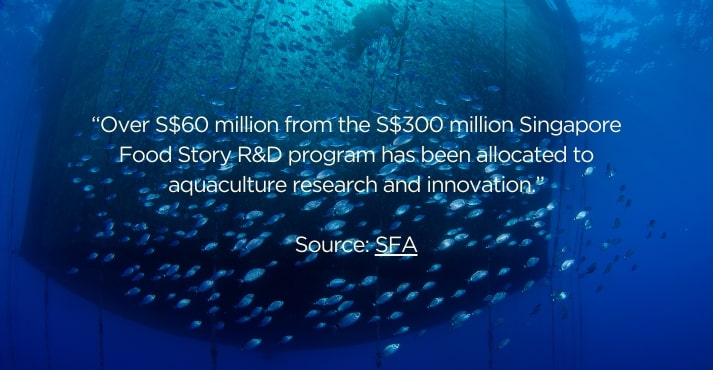
SFA is crucial in adapting regulations to address emerging food trends like alternative proteins and plant-based foods. This includes updating standards and labeling requirements to accommodate new ingredients and production methods, ensuring consumer safety and transparency.
SFA collaborates with industry stakeholders to stay informed about market developments and research to assess the safety and nutritional aspects of new food products.
According to SFA, over S$60 million from the S$300 million Singapore Food Story R&D program has been allocated to aquaculture research and innovation.
SFA facilitates innovation in the food industry while maintaining high standards of food safety and ensuring that consumers have access to a diverse range of safe and nutritious food options.
Moreover, with just 1% of Singapore’s land set aside for farming, given the many competing land needs, SFA is supporting the agritech sector to transform into one that is highly productive, climate-resilient, and resource-efficient through the Agri-Cluster Transformation (ACT) fund.
Another $309 million of funds is given by the Singapore Food Story R&D program for innovative research projects in sustainable urban food production.
Furthermore, SFA will provide water, electricity, and transport infrastructure to support high-tech farming systems and attract a new generation of agri-tech skilled workers.
Here’s how alternative proteins are regulated in Singapore:
- Food regulatory framework for alternative proteins
- Pre-market assessment requirement for alternative proteins
- Submission of safety assessments by companies
- Assessment of potential food safety risks
- Evaluation of materials and production methods
- Review of safety assessments by SFA
- Formation of alternative proteins food safety expert working group
- Expert review of safety assessments
For example, the SFA’s safety assessment review of Eat Just, Inc.’s cultured chicken included a thorough review of Eat Just’s safety assessments for food safety risks, and it resulted in compliance with the regulation, allowing them to be sold in Singapore as an ingredient in its nuggets product to other businesses.
Conclusion
Food security is an existential concern for Singapore. The Singapore Food Agency (SFA) oversees food safety and security from farm-to-table.
The SFA brings together food-related functions carried out by food and beverage manufacturers, importers, and exporters to ensure a secure, safe food supply for Singapore.
SFA works with the industry and consumers, experimenting with new ways to solve challenging problems. SFA upholds high standards across the food supply chain, addressing emerging food trends while maintaining safety protocols.
SFA continuously enhances its regulatory framework to address emerging challenges and promote innovation in the food sector. As Singapore’s food sector continues to evolve, SFA remains dedicated to providing safe, nutritious, and sustainable food options for all.
Moreover, a leading food and beverage trade show in Singapore is conducted to increase awareness regarding the SFA regulations and policies, playing an essential role in providing businesses with opportunities, strengthening capabilities, and tapping on technologies to raise productivity to transform Singapore’s food and beverage industry.

